George Floyd’s death was tragic and unjust.
And his death is one of the many tragic and unjust deaths of black people at the hands of police officers.
Floyd died of asphyxiation when former police officer Derek Chauvin killed him by putting his knee on Floyd’s neck for nearly nine minutes May 25. Chauvin deprived Floyd of oxygen; he suffocated him. This was murder.
Despite evidence, people are continuing to deny the reality and justify the police officer’s actions, such as listening to preliminary reports used by officials to say that his death resulted from “combined effect of Floyd being restrained by the police, his underlying health conditions, and any potential intoxicants in his system likely contributed to his death.”
Again, to be clear: Floyd was suffocated to death because Chauvin knelt on his neck for eight minutes and 46 seconds.
After this incident, a Marquette women’s lacrosse commit shared an insensitive and racist message on her personal Snapchat story in regards to Floyd’s death May 29.
The message read “some ppl think it’s ok to f—— kneel during the national anthem so it’s ok to kneel on someone’s head. come at me. y’all brainwashed. kind disgusting lowkey.”
The university rescinded the commit’s offer of admission and an athletics scholarship after some members of the Marquette community expressed outrage and concern about the commit’s Snapchat.
Marquette University said in a Twitter statement, “We have made the decision to rescind the incoming student’s offer of admission and athletics scholarship, effective immediately. We are called to build a nurturing, inclusive community where all people feel safe, supported, welcomed and celebrated.”
The commit clearly failed to uphold the university’s values on her Snapchat story. She also failed to give George Floyd the respect and acknowledgment he deserved as a human being — in his life and in his death.
Because of this, the university can be commended for the quick and just action it took to prevent this individual from attending Marquette. However, this response to one individual is nowhere near enough.
Students of color, especially black students, expect and deserve more from an institution that prides itself on “being the difference” and promotes “guiding values that celebrate diversity” as President Lovell said in a campus-wide email addressing the community about the previous week’s events.
The current protests and violence against black people across the country place them in a particularly vulnerable and emotional position.
As the president of our university, Lovell is a prominent leader in the Marquette and greater Milwaukee area. A community that is strongly upheld and built up by multiple generations of black individuals. As a leader with important responsibilities and a far-reaching influence, Lovell must use that power to be an ally for students and community members experiencing emotional distress in response to recent traumatic events of senseless killings of black people on top of the already present racially charged social, economic, environmental and political oppression.
Lovell continued to say in the campus-wide email that the university would be holding a virtual mass to “pray for an end to racism.”
Prayers can be one way to show support, but at the same time, prayers will not end racism. One mass and virtual prayer will not solve the systematic racism and injustice present on campus, in Milwaukee or in our country. Being an ally means doing more than just calling for prayers and thoughts.
Additionally in the campus-wide email, President Lovell linked a reflection written by Dr. William Welburn, the vice president for inclusive excellence for Marquette University’s Office of Institutional Diversity and Inclusion, and urged students to read it.
While Welburn is responsible for leading efforts to improve diversity on campus, the responsibility for creating a safe, welcoming and equitable environment for students, faculty and staff does not and cannot fall on one person’s shoulders, especially when that person is one of the few black leaders at Marquette.
It is the responsibility of everyone, especially white administrative leaders like President Lovell, to speak up about their own white privilege. White administrative leaders must use their privilege to go beyond words of solidarity and carry out real acts of solidarity that will support the black community.
There are times where black people must be given a platform to voice their concerns and speak up about the injustices they face, but there is also the need for their white counterparts to use their privilege to become allies during those same times.
Leaders on campus, such as administrators and professors, must make deliberate and tangible commitments to change in order to adequately address the racism and discrimination on campus.
This means providing more opportunities and spaces for students of color to express their concerns on campus, especially black students. This means acknowledging the concerns of students of color as valid and legitimate. This means communicating to the rest of campus that there needs to be deliberate change, such as addressing the interpersonal racism between students.
Listen to their concerns and the challenges that they face, truly listen to what these communities have to say and how they feel hurt by the continued inaction and racism present on their campus. When black students tell you they feel ignored and neglected, ask them why. Learn more about the daily struggles they face being a person of color at a predominantly white institution. Become educated on the ways certain professors make them feel unwelcome or discriminated against. Be aware of the micro-aggressions and covert acts of racism and bias that occurs between students, not just the overt ones. Then use that knowledge to teach the rest of the community — students, staff, faculty and alumni — that refuses to acknowledge the severity of the issue.
But at the same time, do not assume that people of color are spokespeople for their communities. Listen to them speak but do not expect them to teach you the fundamentals of racism and the unjust history of their community.
President Lovell held a panel called the “President’s Panel on Diversity, Equity, and Inclusion” Feb. 26, 2019. Students and faculty discussed different issues and experiences they have had on Marquette’s campus, many related to racism.
While this was a positive step to opening up a dialogue about racial issues on campus, not much has happened since to address racism on campus and moreover, the onus of discussions about racism cannot continue to be put solely on the black community. It is not their responsibility.
White American students made up approximately 70% of Marquette’s undergraduate student body in the fall 2019 semester, according to the Office of Institutional Research and Analysis.
Putting the responsibility on black students to begin the discussion of race at a predominantly white institution targets them, potentially making them feel further separated, alienated or discriminated against.
Other university presidents have provided clearer statements showcasing a commitment to fighting against racial injustice and inequities on their campuses and in our society.
Cornell University President Martha Pollack said in a statement that the university is working to address racism through its educational programs, research and engagement on campus.
President of the Milwaukee Institute of Art and Design Jeff Morin also sent a campus-wide email that expressed the deliberate steps he will take to ensure MIAD is working towards true racial justice. Changes include creating anti-racism training and the release of a three-year equity and inclusion plan. The email also provided various links to organizations that students and staff can use to educate themselves on how to better advocate for racial issues.
Students are more able to trust colleges like these and have hope when they see their leaders working to implement plans to enact real change, plans that will attack the foundational issues of an institution.
Marquette and President Lovell must make more deliberate and direct efforts to acknowledge and combat racism on Marquette’s campus, as other university leaders are doing to prioritize the needs of students of color, especially black students.
Practices such as diversity training for both students and staff can help some people realize their privileges and become more aware of what types of speech and action are racist. Often, there are small acts that many do not realize are hurtful and discriminatory towards the black community, such as acts of micro-aggression. Implementing programs such as diversity training creates an opportunity for Marquette students, faculty and staff to acknowledge the issues on their campus and develop plans to address them.
Additionally, open and honest conversations about privilege, especially white privilege, should be encouraged by Marquette administrators and the entire Marquette community. Only then, will people better understand the challenges black students face. This can come in the form of the university providing spaces and professors having discussions with their students about these issues. Classrooms should serve as spaces for addressing racial injustice and privilege, which promote interracial dialogue and a chance for students of color to speak up comfortably.
George Floyd’s death was tragic and unjust.
Racism, racial injustice and inequality and white privilege cannot be taken lightly. And acknowledging and addressing these issues on campus should have happened long ago.
For example, the circulation of an image of four white males holding a black doll and guns — one gun pointed at the black doll — led the university to expel the Marquette student in the photo after the spring 2018 semester.
While expelling the student was the right decision, more should have been done in years preceding this incident and the time following after it.
We, as a community, should be deeply saddened and outraged by the injustices that continue to occur against the black community. We must consistently work to make sure we speak up about these injustices, not only when there is an incident of severe, blatant racism, but on a daily basis.
Marquette cannot speak out only when one innocent black person has been murdered. The extent of Marquette’s actions cannot just be speaking out only when there are blatant acts of racism on campus; refusing one individual from coming to campus will not solve the current issue of racism.
We must look inwards at ourselves — at our privileges, our biases, our values — before we can look outwards to address the problems elsewhere. More discussions about race and inequality as well as efforts to stand in solidarity will lead to more deliberate steps to address these issues on our campus. But this must occur every single day in many different spaces on campus. Only then will we be able to say we are being the difference.
If we fail to adequately respond, we, as a university, cannot say that we are the difference as injustice and inequality continue to persist on our own campus, in Milwaukee and in our nation.
This story was written by Aminah Beg and Alexandra Garner. They can be reached at [email protected] and [email protected].


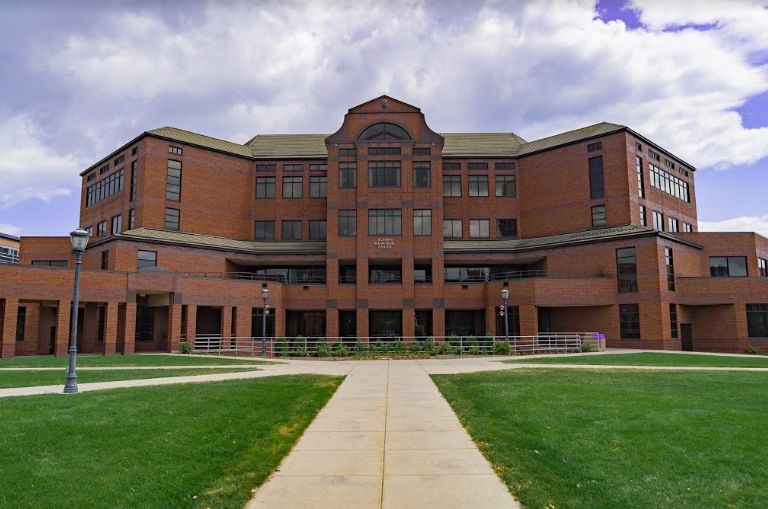
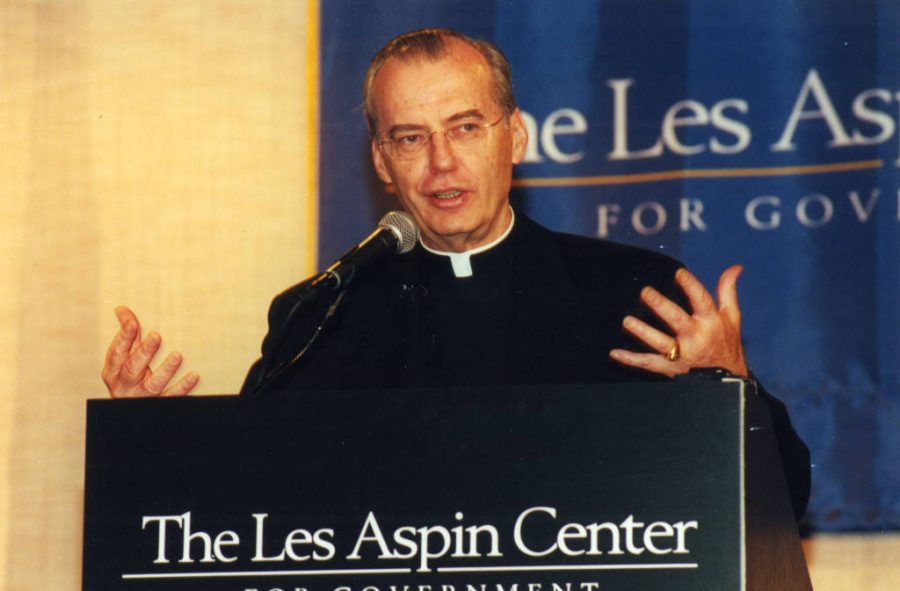

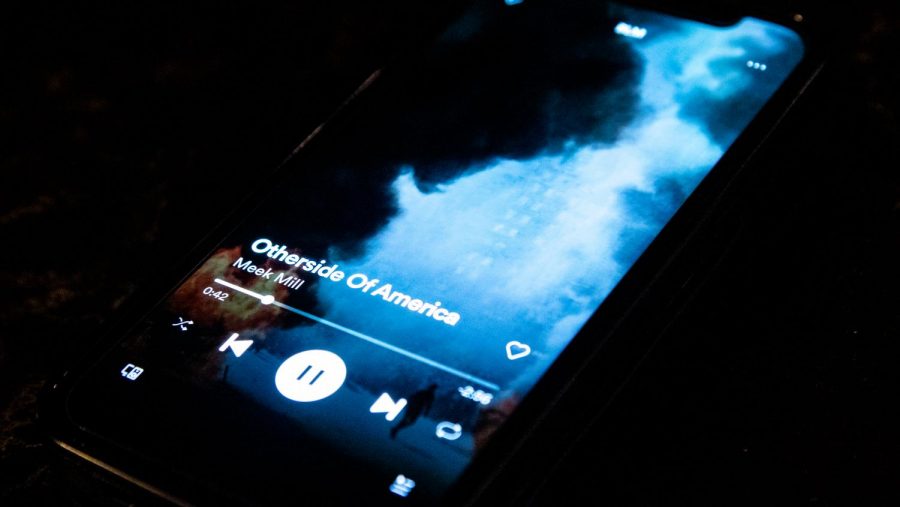

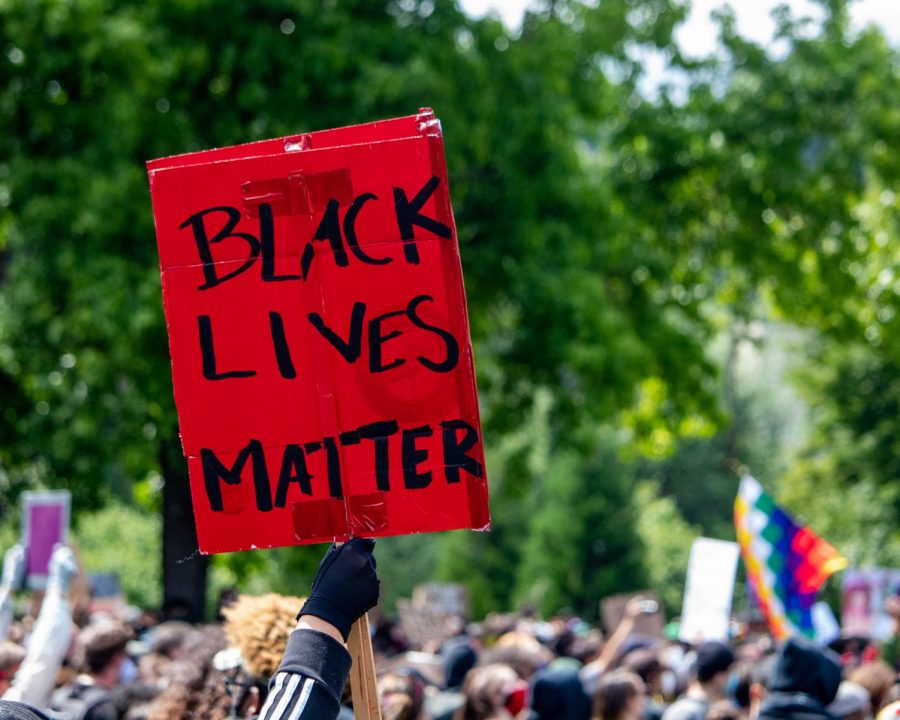

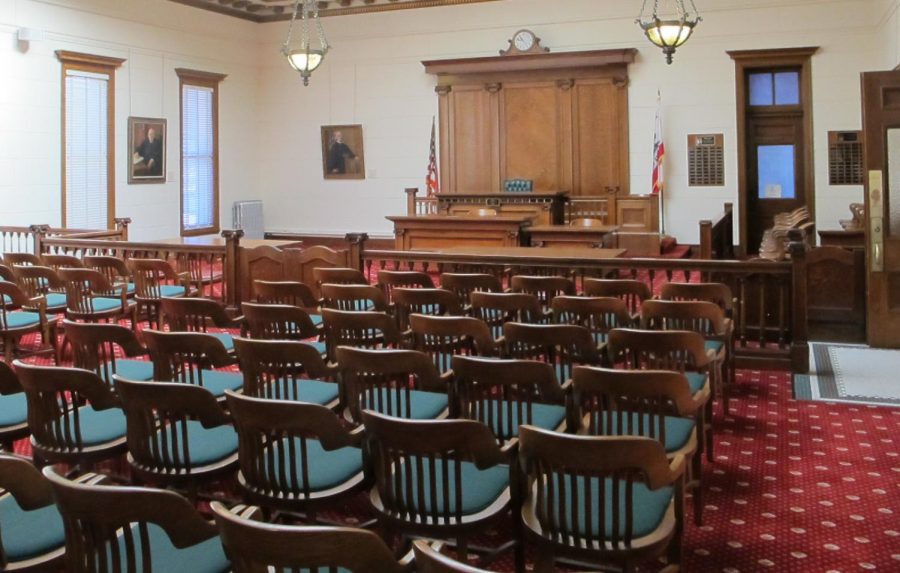
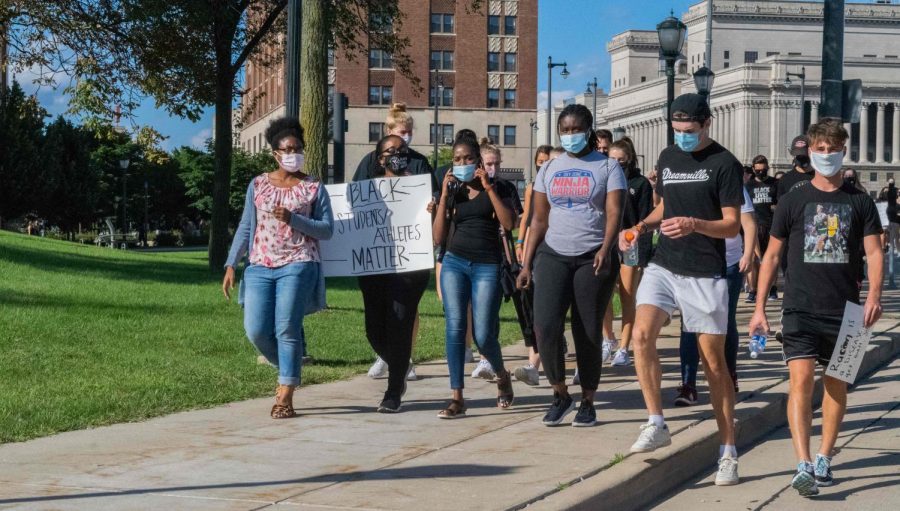
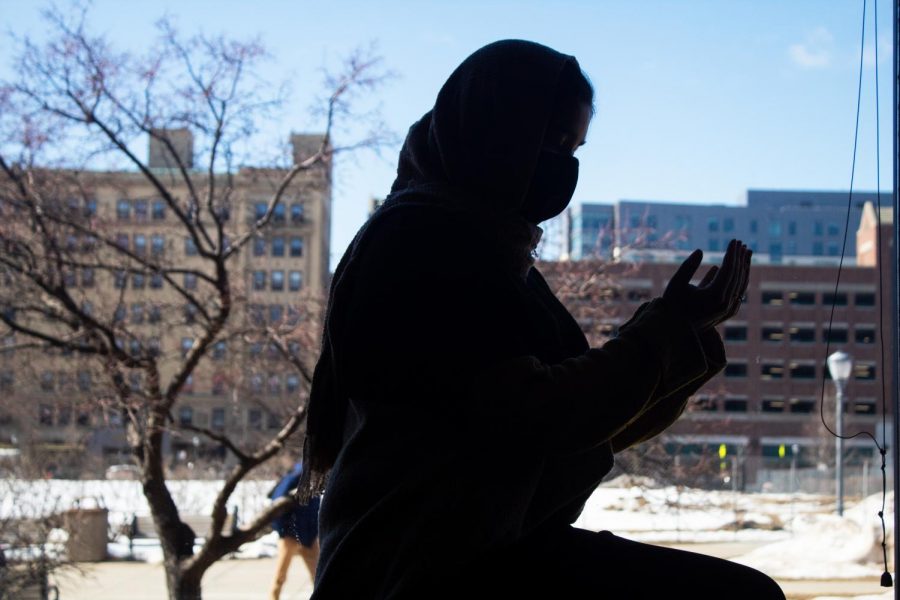
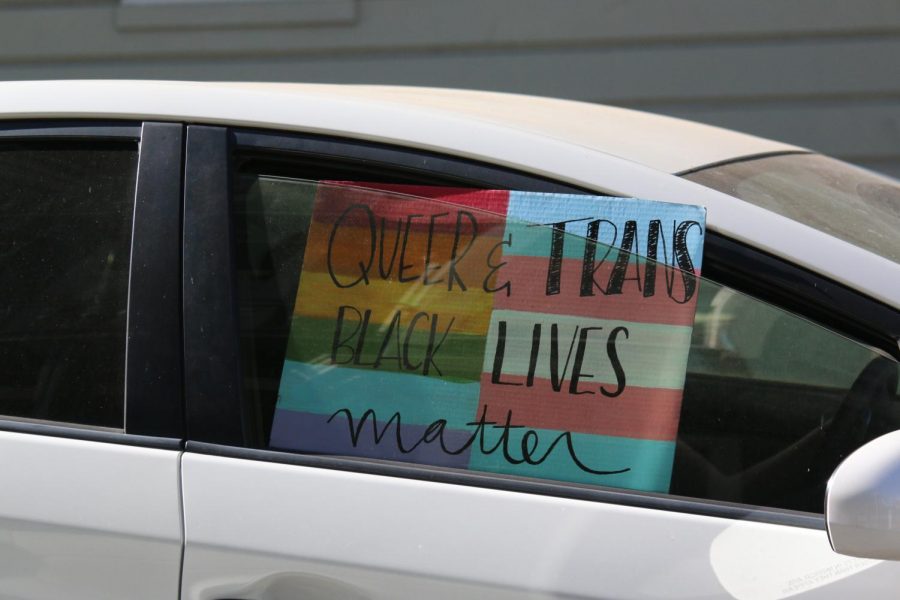

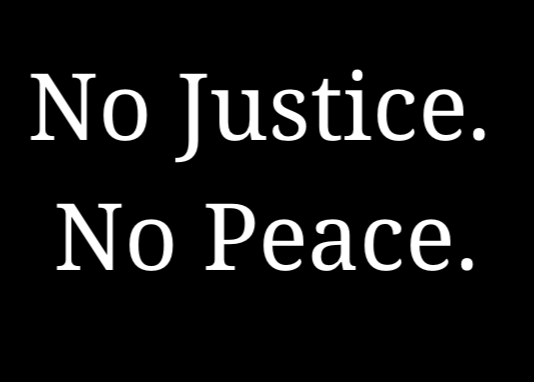

Jasmine • Jun 3, 2020 at 4:31 pm
President Obama stated:
“When we think about politics, a lot of us focus only on the presidency and the federal government. And yes, we should be fighting to make sure that we have a president, a Congress, a U.S. Justice Department, and a federal judiciary that actually recognize the ongoing, corrosive role that racism plays in our society and want to do something about it,” Mr. Obama said. “But the elected officials who matter most in reforming police departments and the criminal justice system work at the state and local levels.”
Source: https://www.cbsnews.com/news/barack-obama-death-george-floyd-police-reform-nationwide-protests-live-stream-today-2020-06-03/?intcid=CNI-00-10aaa3b
University leaders can address race during times of injustice as well as in open conversations and forums when all can express openly their concerns, pain and tempered anger. I wonder what Rev. Dr. Martin Luther King Jr. would say during this moment in history. I can only share what he said 56 years ago on this day (June 3) at Arizona State University:
https://repository.asu.edu/items/18389
Jasmine • Jun 3, 2020 at 4:22 pm
Prayer changes hearts – which will lead to open minds. Anger closes hearts and leads to closed minds.